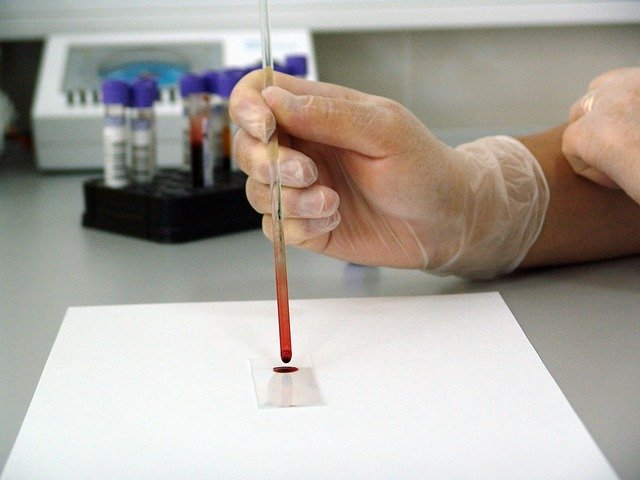
In a new study, researchers have discovered detailed new information about the subtypes of pancreatic cancer.
A better understanding of the disease groups may lead to new treatment options and improved clinical outcomes for this disease.
The study has the most comprehensive analysis of the molecular subtypes of pancreatic cancer to date.
The research was done by a team at the Ontario Institute for Cancer Research (OICR) and elsewhere.
Most pancreatic cancer research is focused solely on early-stage—or resectable—tumors, but in reality, pancreatic cancer is often found in patients after it has advanced and spread to other organs.
The study is based on data from more than 300 patients with both early-stage and advanced pancreatic cancer who participated in COMPASS, a first-of-its-kind clinical trial that is breaking new ground in discovery science and personalized pancreatic cancer treatment.
COMPASS is enabled by advanced pathology laboratory techniques at UHN and OICR, and next-generation sequencing at OICR.
Through detailed genomic and transcriptomic analyses, the team identified five distinct subtypes of the disease (Basal-like-A, Basal-like-B, Classical-A, Classical-B, and Hybrid) with unique molecular properties that could be targeted with novel chemotherapies, biologics, and immunotherapies.
Interestingly, the Basal-like-A subtype, which had been difficult to observe before this study, was linked with a specific genetic abnormality.
The research group hypothesizes that some of the subtypes arise from specific genetic changes that occur as pancreatic cancer develops.
The team says COMPASS allowed them to look into these advanced cancers while treating these patients, develop a better understanding of the biology behind metastatic pancreatic cancer, and shed light on the mechanisms driving disease progression.
The findings will help them develop better predictive models of disease progression that can assist in personalizing treatment decisions and lead to new targeted therapies.
The lead author of the study is Dr. Faiyaz Notta, Co-Leader of OICR’s Pancreatic Cancer Translational Research Initiative (PanCuRx).
The study is published in Nature Genetics.
Copyright © 2019 Knowridge Science Report. All rights reserved.



